
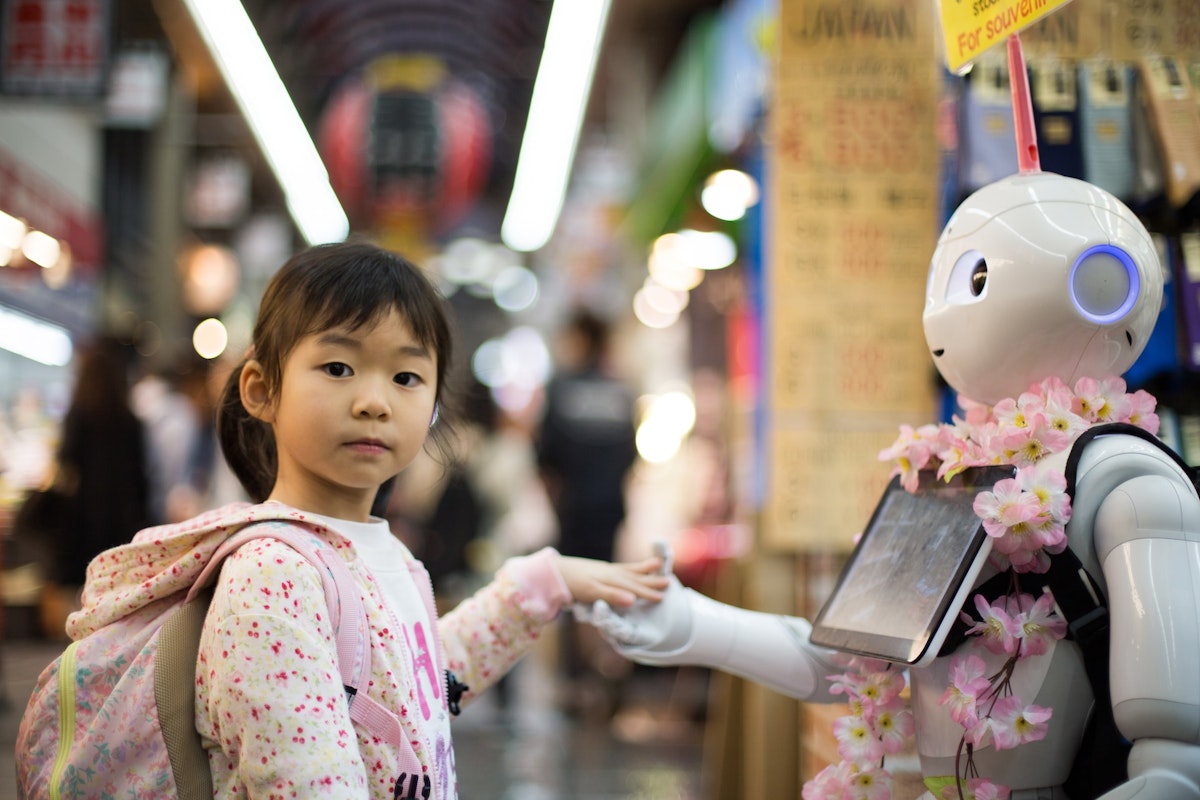
Imagine a land that seamlessly marries the old with the new, a place where time-honored traditions coexist with cutting-edge innovations. Welcome to Japan, an awe-inspiring blend of historical charm and futuristic appeal. This is a country where intricate temples stand tall amidst towering skyscrapers, where the soothing strum of a traditional shamisen can be heard over the whirring of high-speed bullet trains, and where people clad in kimono navigate their way through neon-lit cityscapes. But, beyond this rich tapestry of cultural elements lies an even more impressive narrative: Japan's leadership in the world of technology.
In this in-depth article, we invite you to join us as we explore the technological wonders of Japan. We'll journey into the world of Japanese robotics, where robots aren't limited to factory floors but have become a part of daily life, serving in hospitals, shops, and even entertainment venues. We'll delve into the advancements in artificial intelligence that are reshaping industries from transportation to finance. We'll give you a peek into the country's innovation hubs and smart cities, where technology is leveraged to enhance sustainability and quality of life. Along the way, we'll highlight the must-attend tech events that celebrate Japan's technological prowess. And as we glimpse into the future, we'll explore the prospects and predictions for the next wave of innovation in Japan. So buckle up and get ready for an engaging and insightful tour of high-tech Japan, where the marvels of tomorrow are being built today.
Japan's relationship with robotics is deeply rooted in its history and culture. The country's fascination with automatons can be traced back to the 17th century, with the advent of "Karakuri Ningyo," intricate mechanical dolls that were used in theater and religious festivals. This interest continued to evolve, culminating in Japan becoming a global leader in robotics in the late 20th and early 21st centuries. Today, Japan is home to a multitude of companies known for their trailblazing contributions to the field of robotics, such as Fanuc, Yaskawa, and SoftBank Robotics, to name a few.
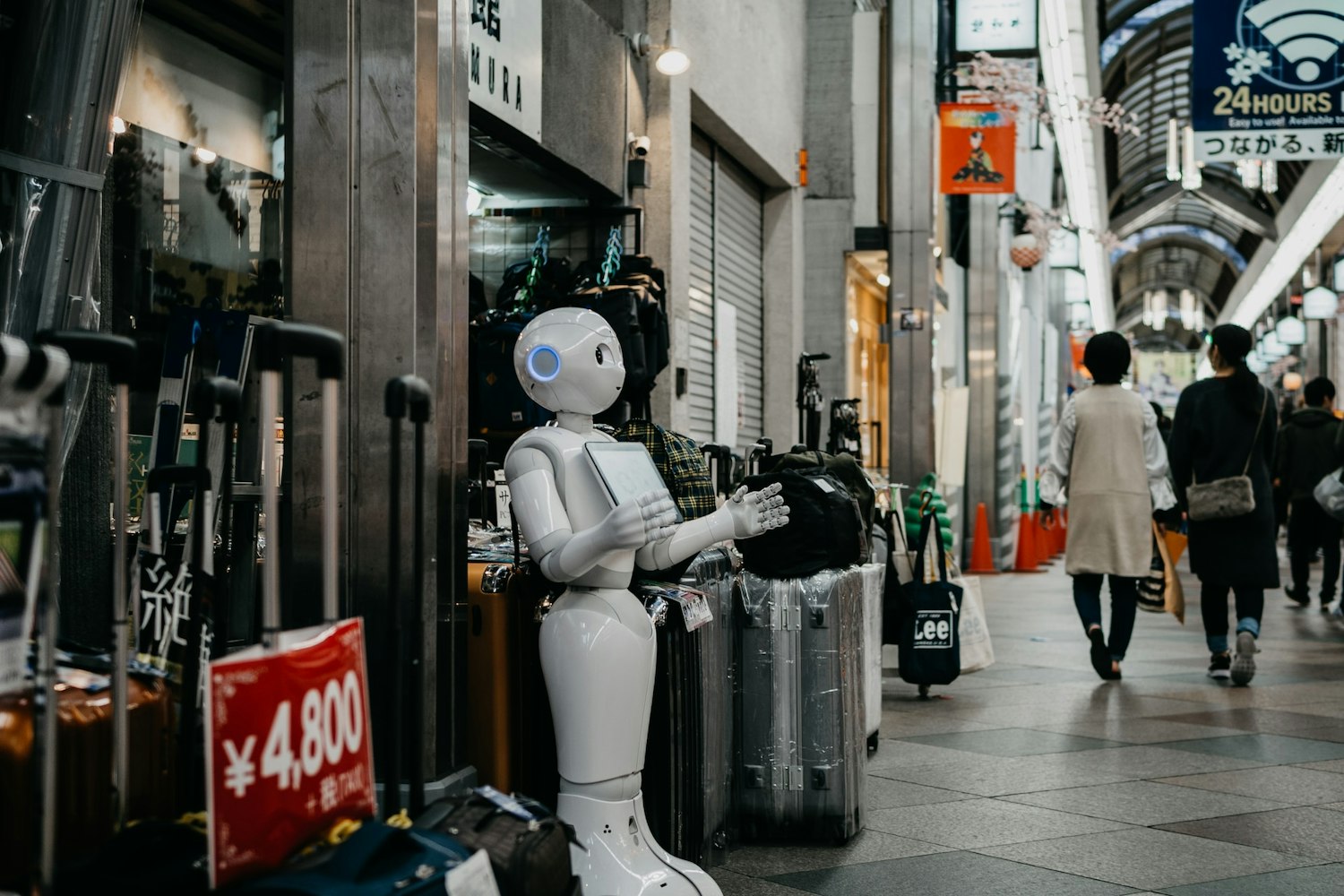
Image Credit: Lukas
As for iconic robots developed in Japan, one cannot overlook Honda's ASIMO, one of the world's most recognizable humanoid robots. Introduced in 2000, ASIMO is capable of walking, running, and even dancing, showcasing the potential of robots to mimic human movements. In the industrial sector, Fanuc's extensive range of robotic arms has revolutionized assembly lines worldwide, enhancing efficiency and productivity. Meanwhile, the world of entertainment has seen creations like SoftBank's Pepper, a social humanoid robot designed to interact with humans in an engaging and friendly manner.
Japan's integration of robots extends beyond factory floors and laboratories. In fact, robots have started to become an integral part of Japanese society, finding roles in sectors such as healthcare, retail, and entertainment. Take, for example, the nursing care robots like Cyberdyne’s HAL exoskeleton. These devices are designed to assist with lifting patients, a task of great demand in a country with a rapidly aging population.
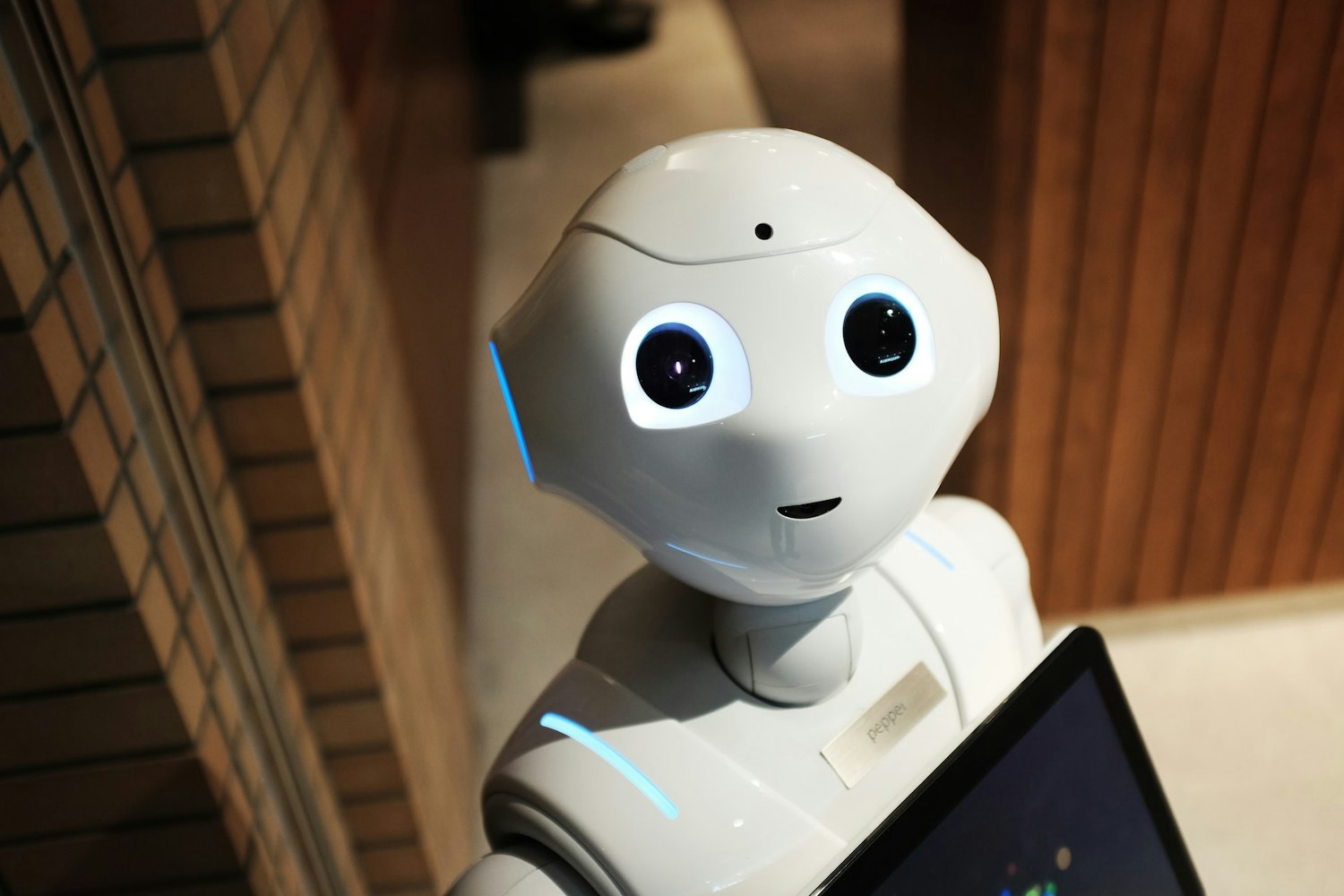
Image Credit: Alex Knight
In the retail sector, you might find SoftBank's Pepper serving customers in stores, assisting with product information, and enhancing the overall shopping experience. And let's not forget the entertainment industry, where robots often take center stage. One striking example is the Gundam Factory in Yokohama, home to a massive, moving robot statue based on the popular "Mobile Suit Gundam" anime series. It's a spectacle that captures the spirit of Japan's passion for robotics, bringing fictional robots to life and highlighting the country's commitment to pushing the boundaries of technology. With robots becoming an increasingly common sight across various aspects of Japanese society, Japan continues to pave the way for a future where humans and robots coexist harmoniously.
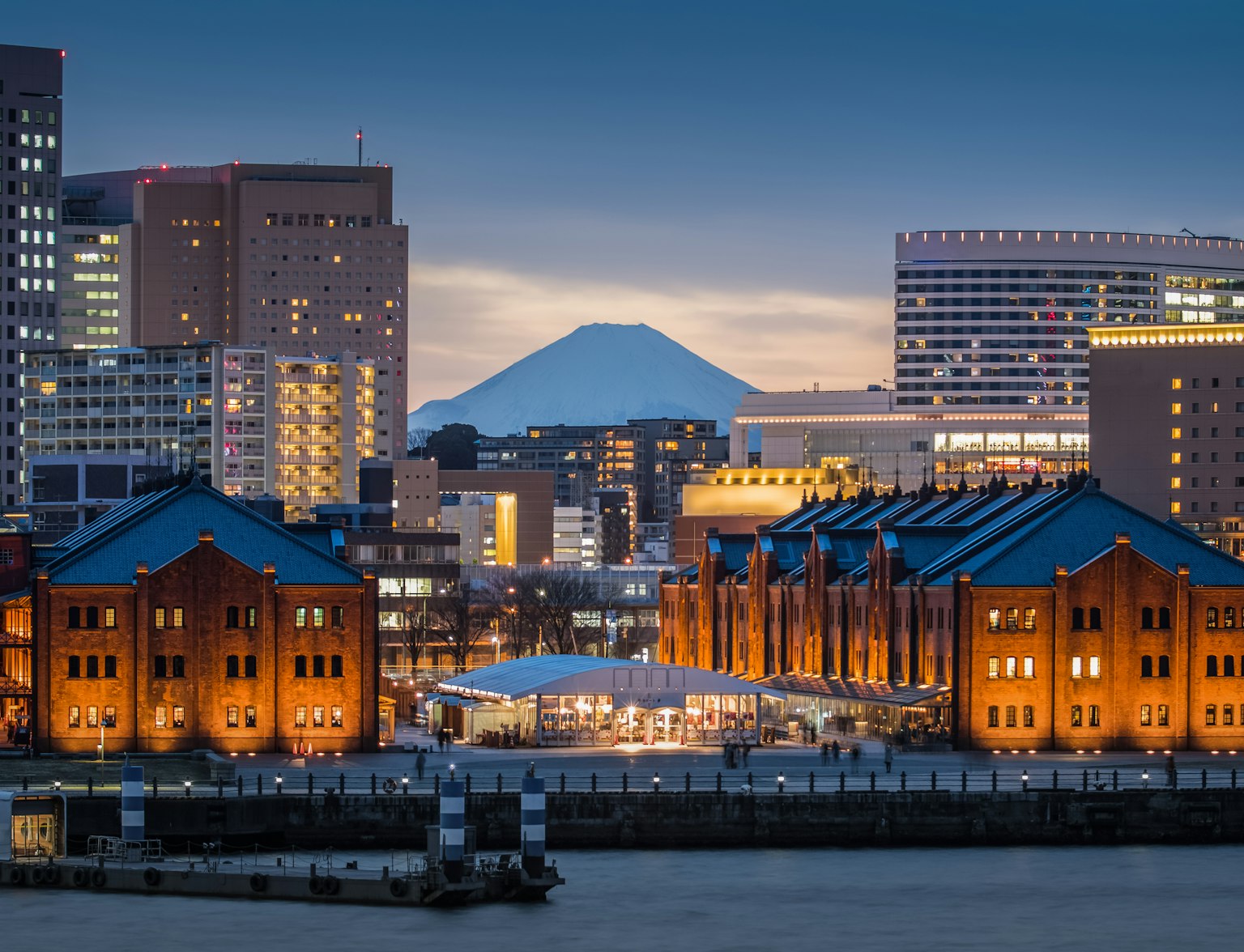
Visit Yokohama from Tokyo.
Japan has always been at the forefront of technological innovation, and its advancements in the realm of artificial intelligence (AI) are no exception. Japan's prowess in AI technology and research is reflected in its numerous universities and institutions such as the RIKEN Center for Advanced Intelligence Project, which work towards creating advanced AI technologies. In 2017, the Japanese government released the Artificial Intelligence Technology Strategy, a roadmap aimed at establishing the country as a global leader in AI by 2020. This strategy outlines specific steps for AI development, focusing on industrialization, the creation of AI-based services, and resolving social issues through AI.
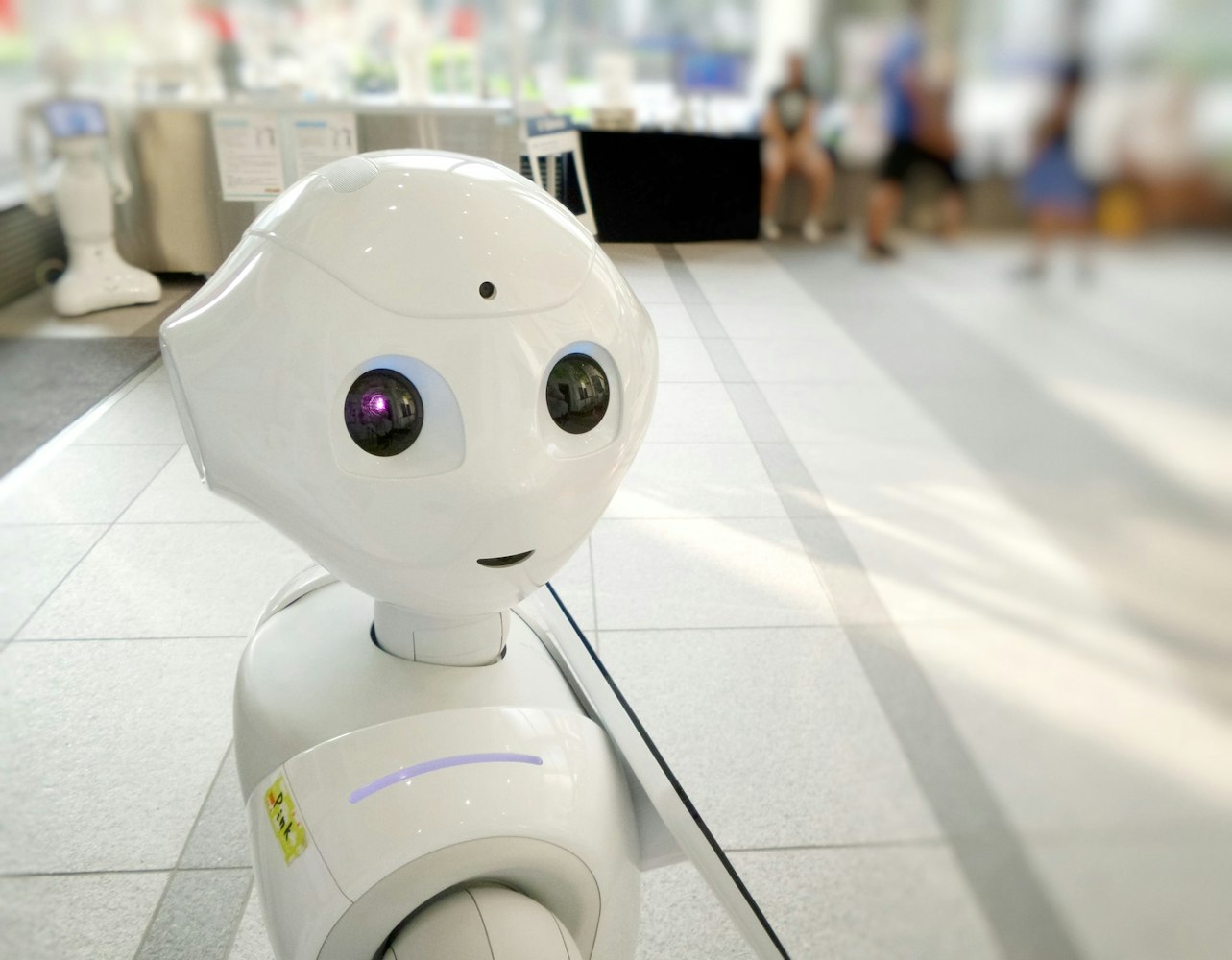
AI has found numerous applications across different sectors in Japan. In transportation, AI has been instrumental in improving the efficiency and safety of Japan's renowned Shinkansen bullet trains. For customer service, many businesses utilize AI chatbots to provide 24/7 assistance and improve customer experiences. In the finance sector, AI is being used to predict market trends, manage risk, and automate processes, offering new ways to drive economic growth.

Learn more about shinkansen at SCMAGLEV Railway Park.
Several AI-driven initiatives by the Japanese government and private companies underscore the nation's commitment to leveraging technology for societal progress. One example is the Society 5.0 initiative, which envisions a human-centric society that balances economic advancement with solutions to social problems by integrating cyberspace and physical space. AI is seen as a crucial tool to realize this vision.
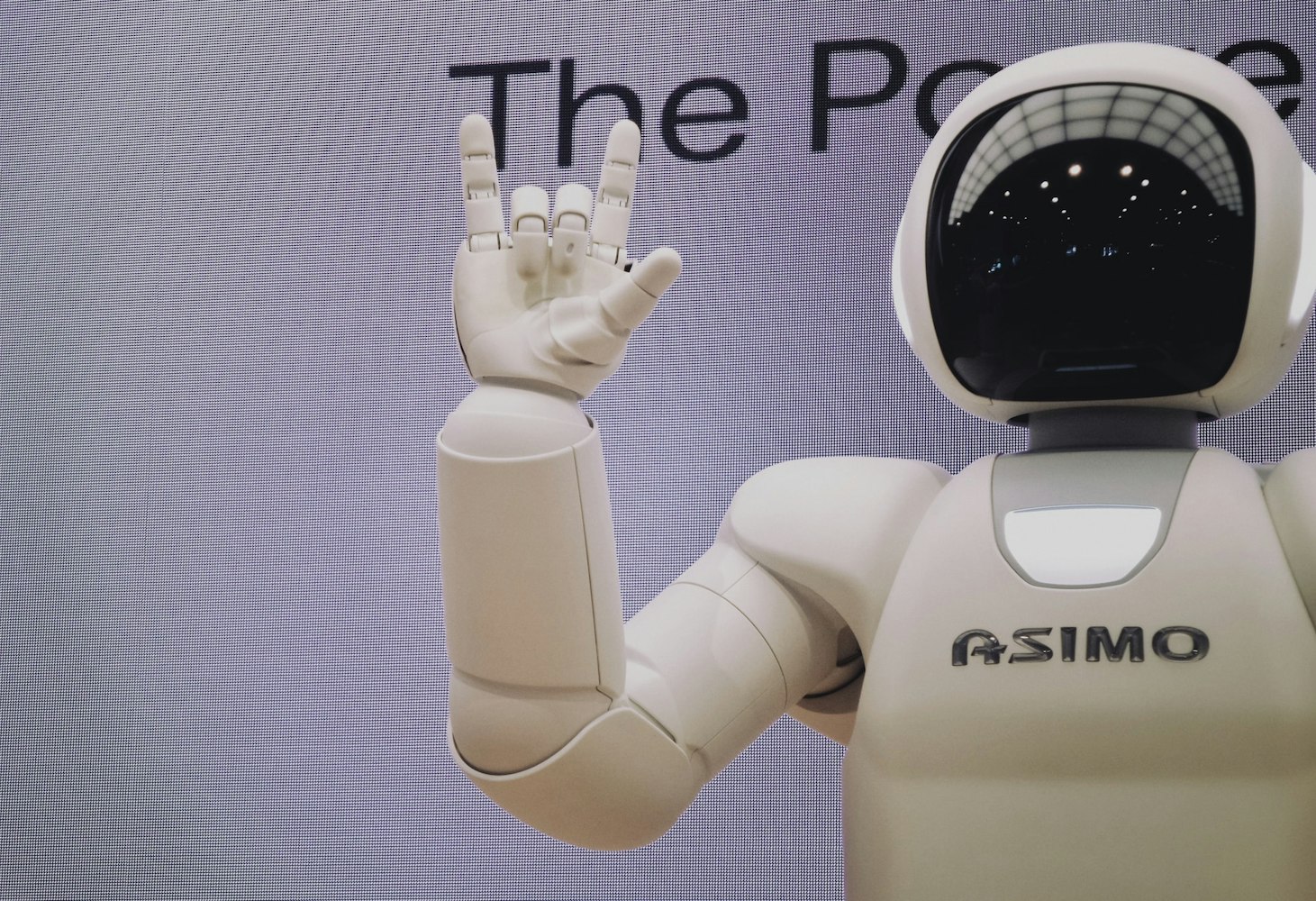
Furthermore, private companies in Japan have also made significant strides in AI. For example, Toyota launched the Toyota Research Institute-Advanced Development (TRI-AD) in 2018, focusing on advancing AI technology for automated driving. Similarly, tech giant Sony has leveraged AI to enhance its products, from predictive text input to image recognition in its cameras. These initiatives are not just about improving businesses; they are part of a broader goal to enhance the quality of life and build a future where AI and humans can coexist in harmony.
Japan's remarkable technological prowess is fueled by a myriad of innovation hubs and research centers strategically spread across the country. One cannot overlook the city of Tokyo in this regard, being a center of global finance, a hub for startups, and home to world-leading tech corporations like Sony and SoftBank. Tokyo's district of Odaiba, for instance, is renowned for its concentration of tech and innovation centers.

Venturing outside the capital city, one will encounter the remarkable city of Tsukuba, also referred to as Tsukuba Science City. Tsukuba hosts over 300 research institutions, including the High Energy Accelerator Research Organization (KEK) and the National Institute of Advanced Industrial Science and Technology (AIST). This concentration of organizations has turned Tsukuba into a powerhouse for scientific and technological research.
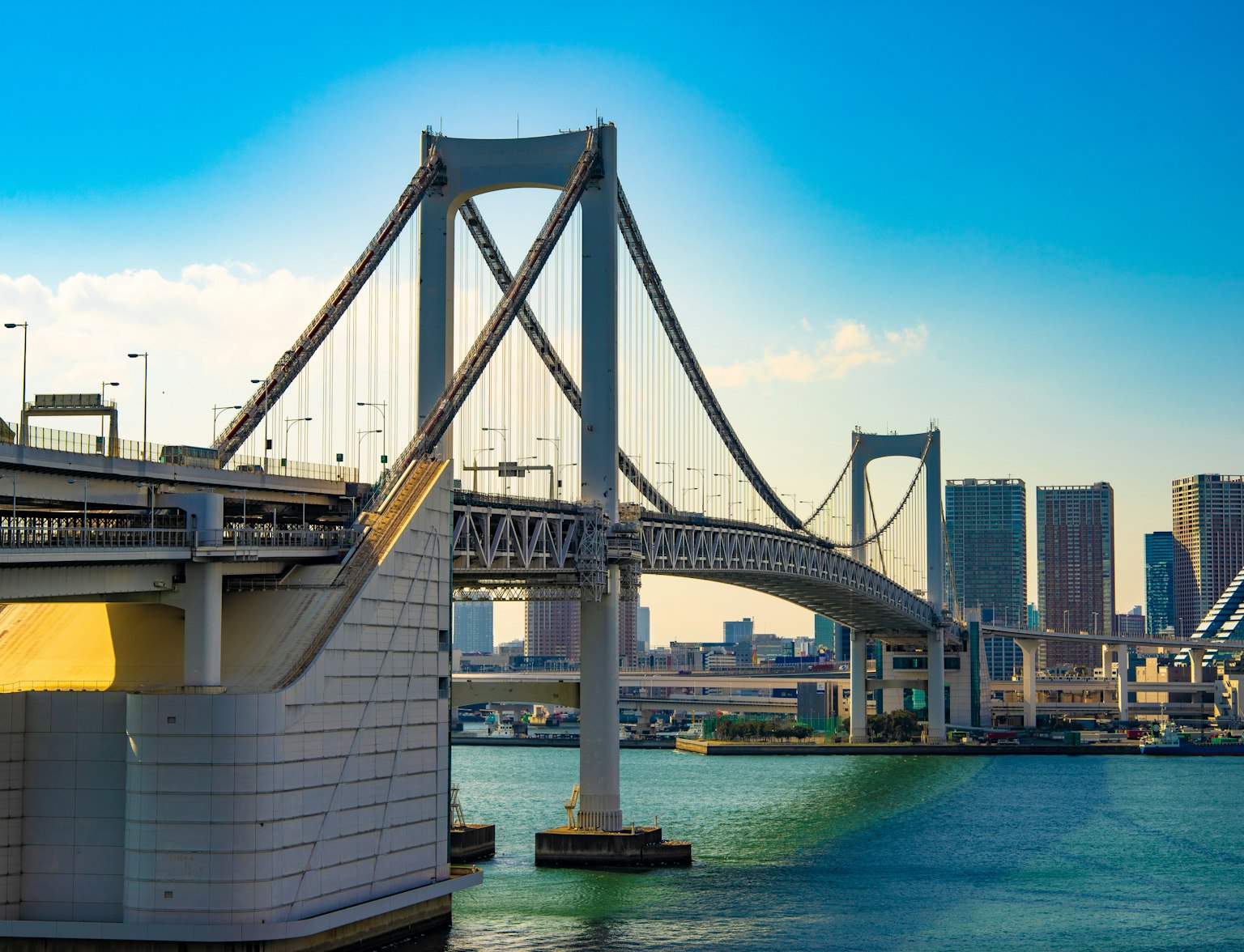
Visit Odaiba in Tokyo.
For tourists fascinated by the world of technology, Japan offers some spectacular destinations that combine leisure with a deep dive into technological progress. In the heart of Tokyo is the Miraikan, also known as the National Museum of Emerging Science and Innovation. The museum showcases the frontier of Japan's technology, including exhibits on space exploration, robotics, and the environment.

Meanwhile, in Toyota City, the Toyota Kaikan Museum provides a detailed look into the automotive manufacturing process and the advancements Toyota has made in this field. Visitors can view exhibits on eco-friendly vehicles and even get a sneak peek into the assembly line where the magic happens. For a fully immersive tech experience, you can visit the teamLab Borderless in Tokyo. This digital art museum creates a borderless world that visitors can explore freely, offering a unique interactive experience that blurs the lines between art and technology. It's an amazing testament to how technology can elevate the way we experience the world.
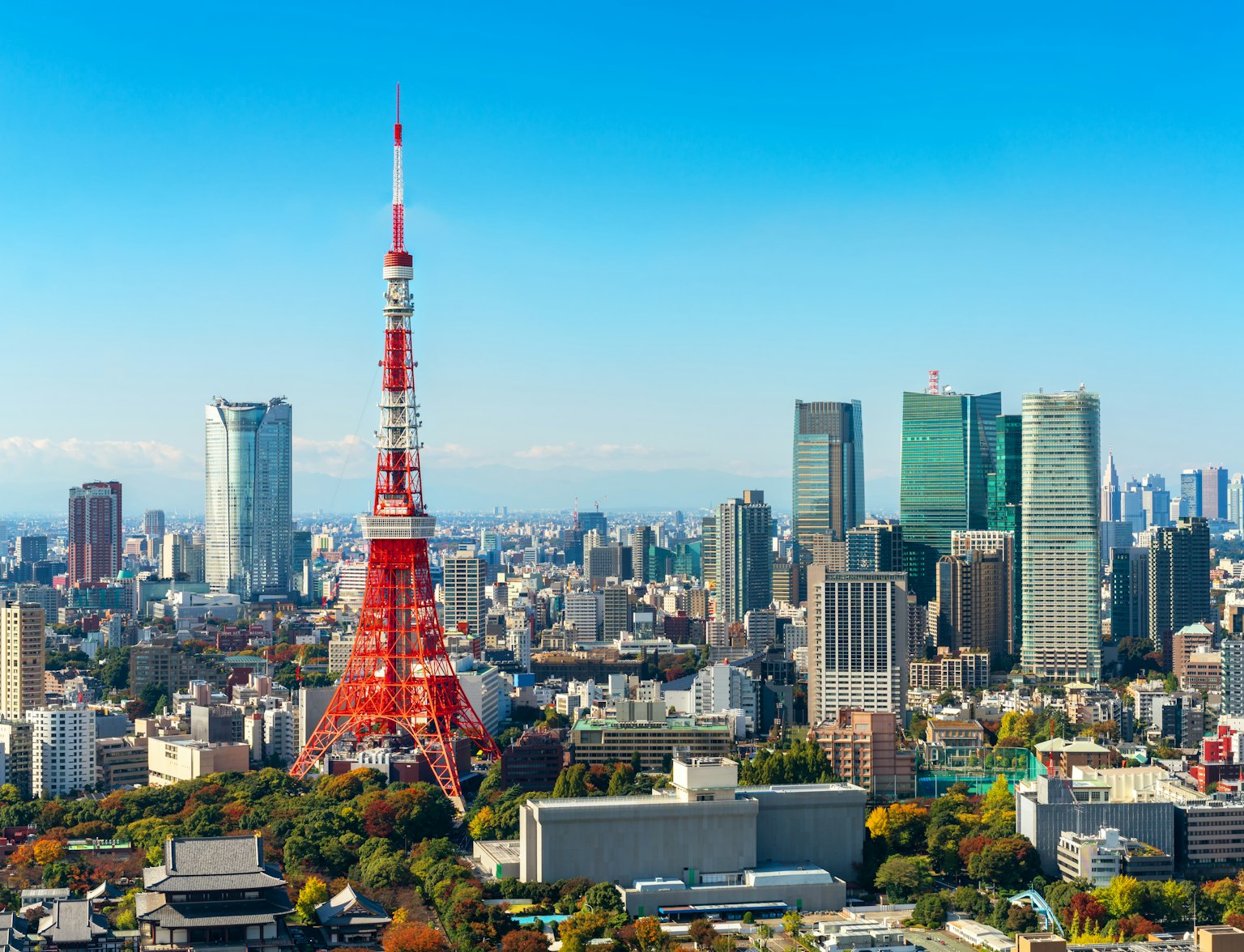
Visit the museum with a private vehicle.
Japan's mission to integrate cutting-edge technology into urban development has given rise to the concept of "smart cities." These cities leverage big data, AI, and IoT (Internet of Things) technologies to improve the quality of life for their residents and address environmental and social issues. The "Society 5.0" initiative, launched by the Japanese government, encapsulates this vision. It aims to create a human-centric society that seamlessly integrates physical and digital spaces, improving efficiency and sustainability.

Image Credit: Denys Nevozhai
A standout example of this initiative is Yokohama's Smart City Project. The city has undertaken this project with a primary focus on maximizing energy efficiency, revolutionizing the healthcare system, and developing smarter transportation. Through smart grids and sophisticated data analysis, Yokohama is creating an urban ecosystem that optimally manages energy supply and demand while simultaneously reducing its carbon footprint.
Japan's innovative spirit doesn't confine itself to laboratories and research centers. Instead, it takes center stage at various technology-focused events and expos that occur throughout the year. For gaming aficionados, the Tokyo Game Show (TGS) is a must-attend. This event, held annually in Makuhari Messe in Chiba, attracts companies and gamers from across the globe. The newest games and gadgets, from cutting-edge VR technology to next-gen consoles, are on full display, offering a vibrant snapshot of the industry's future.

Another noteworthy event on Japan's tech calendar is the CEATEC (Combined Exhibition of Advanced Technologies). Considered Japan's equivalent to the U.S. CES (Consumer Electronics Show), CEATEC provides a platform for businesses to showcase their latest developments in IoT, CPS technologies, AI, and more. From multinational corporations to innovative start-ups, a range of tech entities come together to exchange ideas and present their advancements.
For tourists keen on exploring Japan's technological landscape, it's worth planning your visit around these major tech events. Apart from TGS and CEATEC, there are other events like the Nikkei MES (Manufacturing and Electronics Show) and Japan IT Week, which host an array of exhibits and seminars on emerging technologies, IT solutions, and manufacturing advancements.
Another major event to look forward to is the RoboDEX expo. Hosted in Tokyo, this event gathers robotics enthusiasts, experts, and companies showcasing the latest developments in industrial and service robotics. Witnessing these events firsthand not only provides insights into the latest technological advancements but also offers an opportunity to interact with innovators, developers, and other tech enthusiasts. This could potentially enrich your understanding and appreciation of Japan's remarkable technological landscape.
Japan stands as a beacon of technological innovation, embodying a unique blend of tradition and futurism. From robotics to AI advancements, from smart cities to sustainable technologies, Japan has proven its mettle in pushing the boundaries of what's possible. Moreover, the country's tech-focused events and expos offer a fascinating glimpse into the future, making Japan a must-visit destination for tech enthusiasts around the globe.
As you contemplate your next adventure, consider immersing yourself in Japan's cutting-edge tech scene. At Trip to Japan, we offer a wide array of tours tailored to your interests. Our itineraries encompass everything from visits to major innovation hubs and research centers to ensuring your visit aligns with Japan's most celebrated tech events. So why wait? Explore our diverse tour offerings and make your reservation today. Dive into a unique experience that blends the charm of the Land of the Rising Sun with its high-tech marvels. Remember, the future is already here and waiting for you to discover in Japan.
Q: Are there any robotics-related attractions I can visit in Japan?
Ans: Absolutely. The National Museum of Emerging Science and Innovation in Tokyo, also known as Miraikan, hosts several interactive robotics displays. Additionally, you can visit Odaiba's teamLab Borderless, a digital art museum, or watch a show at the Robot Restaurant in Shinjuku.
Q: What are some places to visit in Japan for tech enthusiasts?
Ans: Japan boasts a number of places that tech enthusiasts would enjoy. These include Tokyo's Akihabara district, known for its electronics and otaku culture, and Odaiba, home to several tech-focused attractions. Kyoto's Nintendo Museum and the various car museums across the country, like Toyota's in Nagoya, are also interesting.
Q: What can I expect to see in Japan's smart cities?
Ans: Japan's smart cities are models of innovative urban planning, efficient public transport, advanced waste management systems, and energy-efficient buildings. These cities also often use technologies like AI and IoT to provide better public services and improve the quality of life for their residents.
Q: Where can tourists see the impact of AI in Japan?
Ans: Visitors can see AI's impact in various sectors across Japan. Many customer service roles are handled by AI, including AI hotel concierges and retail assistants. Several exhibitions and museums are also dedicated to AI technology, providing insight into the future of this innovative field.



